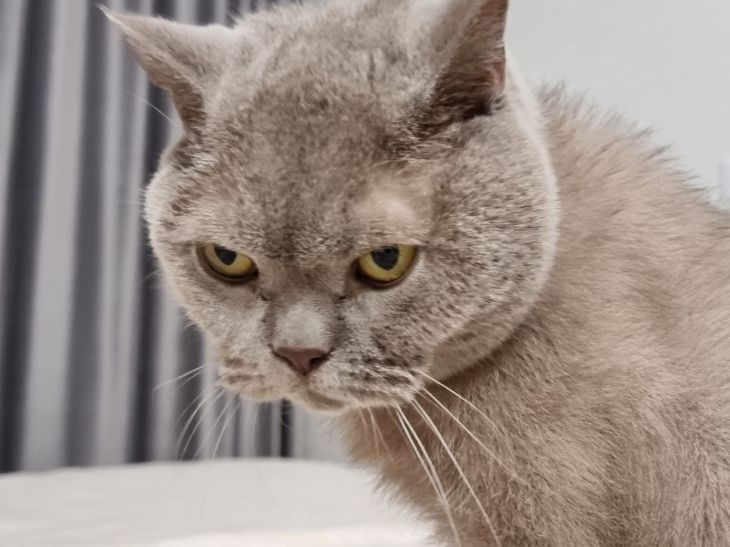Have you ever noticed how your cat turns into a furry detective the moment you close the door?
She scratches, meows, and hits the handle with her paw, as if trying to uncover a conspiracy.
Many people are convinced that pets are simply curious or seek to control the space.

But the real reason is much deeper - and it is connected with ancient instincts that still control the behavior of your domestic predator.
Cats are territorial animals. For them, the entire house is not just a place to live, but an area that needs to be patrolled, protected, and divided into “zones of influence.”
A closed door disrupts this system. It creates an invisible boundary, blocking access to the area the cat considers its own.
Imagine that someone suddenly fenced off a part of your apartment and forbade you from entering it. Even if there is nothing interesting behind the door, the very fact of the restriction causes anxiety. It is like a challenge that the cat's brain cannot ignore.
But there is another aspect. In the wild, cats are both predators and prey. They are always looking for escape routes in case of danger. A closed door deprives them of this opportunity. Instead of a cozy refuge, the room turns into a trap.
Instinct tells us that if there is no escape, then there is a threat nearby. That is why even indoor cats who have never seen the outdoors can panic when they find themselves in a confined space. They don’t just want to get in – they want to make sure their escape route is clear.
Another reason is sounds and smells. Cats perceive the world through their sense of smell and hearing. A crack under the door lets in scents that tell stories: here are your footprints on the floor, and here is dust carried by the wind.
A closed door cuts off this flow of information. The pet loses touch with what is happening "on the other side," and this causes anxiety. It cannot understand whether it is safe there, whether there are no competitors or prey. For a cat, this is like turning off the Internet for a person - the world suddenly becomes unpredictable and frightening.
What to do? It is impossible to completely abandon doors. But you can cheat. Leave small gaps, use door stops or install special windows for your pet.
If your cat insists on opening the bathroom door when you're inside, let them in and then let them out a minute later. Often, they just need to make sure there's no threat.
Remember: for your pet, this is not a whim, but a matter of survival. A closed door is not just an obstacle. It is a violation of the thousand-year-old rules by which his species lives.
